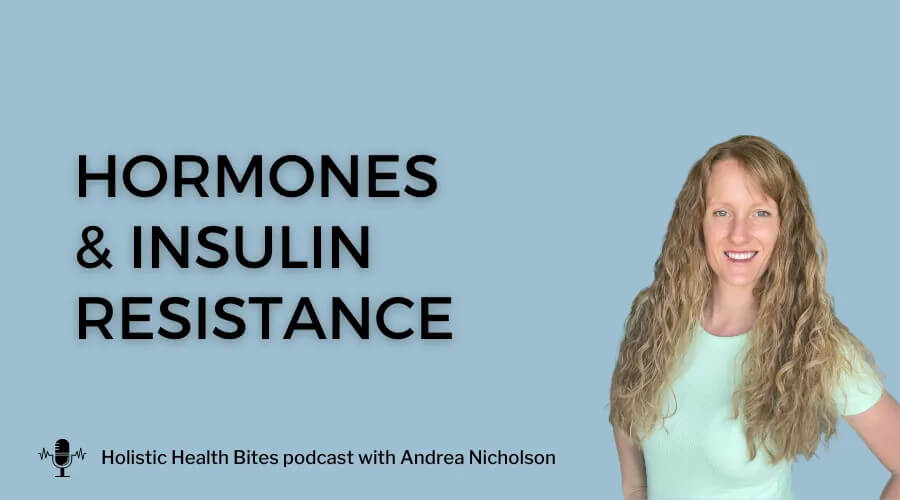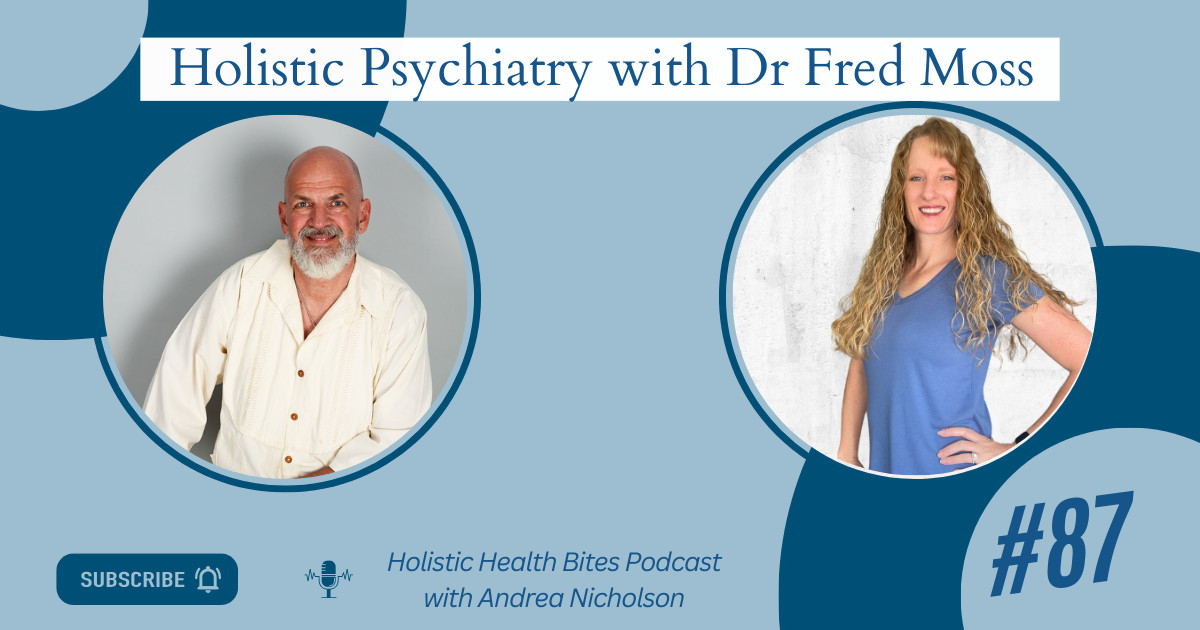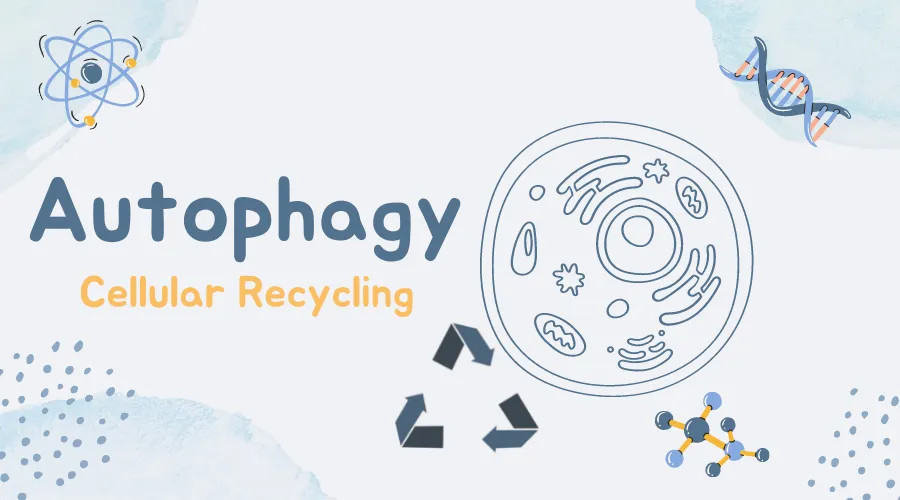
Metabolic health and hormones, PCOS and erectile dysfunction
So we’re gonna talk about how hormones change throughout various stages in life as well as conditions like PCOS, which is polycystic ovarian syndrome, and erectile dysfunction.
So let’s dive in.
Insulin Resistance and Pregnancy
First, we’re gonna talk first about how insulin is related to reproduction. Insulin is responsible for telling your brain that the body is in a safe state metabolically in order to produce a baby. Both too much and too little insulin can cause problems. Insulin resistance in men and women is more likely to cause infertility.
In women specifically, during pregnancy insulin resistance actually increases because of the need to grow both the baby and the mother’s body. Insulin is a growth factor. This also happens during puberty for the same growth needs.
During pregnancy, a lot of women will develop gestational diabetes. And this is when the insulin doesn’t adequately increase, which ultimately causes blood sugars to stay high causing the blood sugar to stay elevated. Ultimately this increases the risk of type two diabetes by 7 times. So, women who do have gestational diabetes, are seven times more likely to end up type two diabetic after pregnancy.
Preeclampsia is another dangerous condition that can occur in the body that is due to a change in kidney function. The risk of preeclampsia is dramatically increased with high levels of insulin resistance early on in pregnancy. This is likely due to changes in blood pressure associated with insulin resistance that leads to less blood flow to both the mother and the placenta. This starts a whole cascade of growth factor releases.
In preeclampsia, the placenta also ends up releasing blocking factors that prevent the growth factors from actually working. So this is preventing blood flow improvement and puts a lot of strain on the kidneys. This increases toxins in the body because they’re not being eliminated appropriately. It also increases water retention in the blood. All of that contributes to increased blood pressure. This can cause seizures and ultimately can push blood into the urine because your kidneys aren’t functioning properly. If this is not treated that can cause liver and kidney failure in the mother and potentially even heart issues. The fetus also ends up getting food and less oxygen with the lower amount of blood flow and this can lead to low birth weight.
Now speaking of birth weight, being both overweight and underweight at birth can have an increased risk of obesity and insulin resistance for the child later in life. And having insulin resistance can decrease the milk supply that the mother is able to produce. Insulin resistance in either the mother or the father or both can be passed down to the child; increasing their risk of type two diabetes and blood sugar dysregulation issues later in life.
Insulin Resistance and PCOS
So let’s move on to PCOS. Again, this is polycystic ovarian syndrome, so this only affects women. It is the number one cause of infertility and it is directly caused by having too much insulin. Ovaries respond to insulin by inhibiting estrogen production. Estrogen is created naturally by converting it from testosterone. But insulin is blocking this transition from testosterone to estrogen. It does so by the action of an enzyme called aromatase. This is the enzyme that should be causing the conversion from testosterone to estrogen. Insulin is blocking the aromatase enzyme.
This ultimately causes high levels of testosterone in women and low levels of estrogen. This can change menstrual cycles, it can alter or prevent ovulation, can stop cycles, can cause excess symptoms associated with the cycles…a whole host of problems can happen in high testosterone, low estrogen women. Insulin also blocks hormones that are released from the brain that are directly related to female cycling. PCOS often causes missed periods, painful periods, PMS, facial hair, coarser body hair, male patterned baldness, dark skin patches, and even skin tags. Medications are generally not helpful to rebalance the hormones associated with insulin resistance. So if you fix the insulin resistance the hormones will often self-correct.
Insulin Resistance and Male Infertility
Now in men, infertility is usually due to low sperm count or poor sperm quality. Sometimes this is anatomical or genetic, but generally, it’s associated with the sperm. The two most common causes of infertility directly related to insulin resistance are related to sperm production and erectile dysfunction.
Men who have a higher percentage of body fat generally have lower testosterone levels. Testosterone increases when they lose body fat. This is because fat actually produces aromatase. We talked about aromatase in women, but women have a higher level of the aromatase enzyme naturally (because women naturally need more estrogen and less testosterone than men). Naturally in the testes, men have very little aromatase – they don’t want testosterone converting to estrogen, but body fat also produces aromatase.
So in men that have a higher percentage of body fat, they are producing a higher amount of aromatase, and that aromatase converts their testosterone to estrogen. So their body fat is literally acting like an ovary. It’s producing more estrogen. So this causes more estrogen and low testosterone, which contributes to changes in sperm production, sperm motility, sperm quality, and all of the infertility issues associated. Insulin resistance, just like in women, can also block the hormones produced in the brain that are designed to stimulate the testes to make sperm, so they just don’t get the signal to produce the sperm.
Erectile dysfunction is often caused by low blood flow. This goes back to the same issues that we talked about in the heart disease and hypertension episode. Ultimately, you end up with less nitric oxide released, which fails to dilate the blood vessels properly. This causes physical inaction.
Metabolic Health and Hormone Imbalances
So there you have a few reasons why metabolic health is critical for hormone function. For women if you’re noticing more male characteristics, maybe you’re noticing more aggressive behaviors, maybe you have more hair growth, changes in coarseness to your body hair, your hair falling out of your head, if you have more painful periods, increased PMS, changes to your skin…all these things can be associated with insulin resistance causing hormone imbalances. And in men, if you’re noticing the opposite – if you’re noticing the feminine characteristic characteristics like breast development, especially if you already have high body fat percentage, you just feel less manly, you have sexual dysfunctions, you’ve actually done infertility testing and found that you have low sperm quality or low sperm count, or slow motility…all of these things can come back to insulin resistance. So it’s really important that you identify what your risk of insulin resistance is, and if you can fix that problem, a lot of times these other hormone imbalances will correct themselves.
So I hope this information was helpful. If you have questions, please feel free to hit me up. I will address them in future episodes or I’ll answer you directly, either way.
Stay tuned – next week we are going to talk about brain health and things like migraines and how they are associated with insulin resistance.





















0 Comments